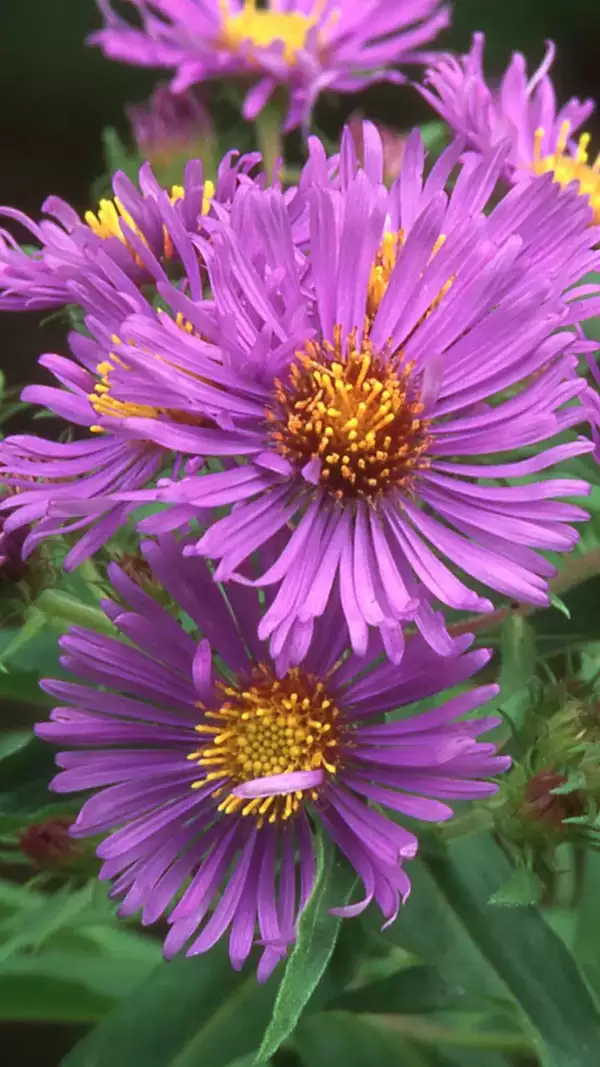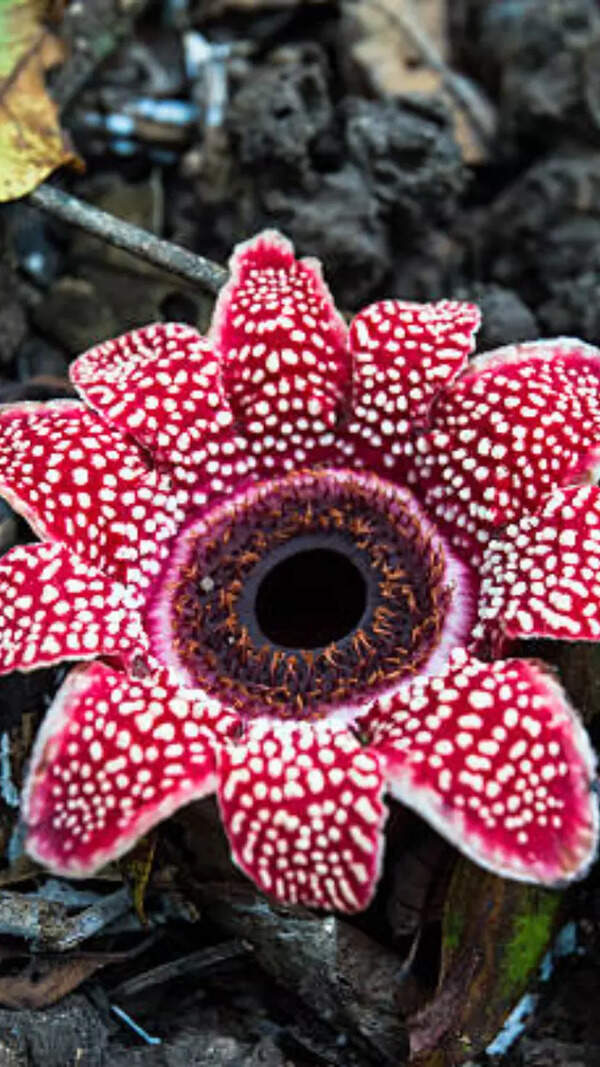- News
- City News
- delhi News
- Not just a cold: Why you are sniffling this season
Trending
Not just a cold: Why you are sniffling this season
Delhi hospitals are seeing a surge in allergy cases, with patients experiencing symptoms like sneezing, runny noses, and itchy eyes. Doctors attribute this rise to pollen, dust mites, and other environmental factors, particularly during seasonal transitions. They recommend identifying triggers, taking precautions, and seeking appropriate medical treatment to manage allergic reactions effectively.
NEW DELHI: If you have itchy eyes, a runny nose, sneezing, and congestion, you aren't alone. Healthcare facilities across the city are reporting a notable increase in allergy cases and related OPD visits, with patients presenting various respiratory symptoms.

"We are witnessing at least five-seven cases every day in our OPD, with complaints like sneezing, a runny or blocked nose, itchy or watery eyes, persistent coughing, throat irritation, and even mild wheezing. Many patients get confused between viral infections and allergies since both cause a sore throat or congestion.
However, viral infections usually come with fever, body aches and fatigue, while allergies tend to persist longer and don't cause fever," said Dr Ankit Singhal, senior consultant, pulmonology, interventional pulmonology and sleep medicine, Sri Balaji Action Medical Institute.
Dr Ritu Malani, pulmonologist and allergy specialist consultant, Max Hospital, highlighted that respiratory allergies are primarily triggered by pollen and house dust mites. She said pollen seasons reach their peak during transitional periods, specifically during Feb-April and Aug-Sept.
"Trees release most pollen from Feb through April, while weeds and grasses produce pollen predominantly from Aug through Oct. Certain pollens remain active throughout the year, with grass pollen being more common during the summer months and specific weed pollens occurring in the winter. Additional triggers include house dust mites (worse in winter), mould spores (problematic in monsoons and winters), pet dander, and foods," she said.
Dr Akshay Budhraja, senior consultant and head of respiratory and sleep medicine, Aakash Healthcare, explained that allergies can occur throughout the year due to stress, certain foods, acid reflux, medicines, smoking and alcohol consumption. Environmental factors include pollen, pet dander and pigeon droppings. He recommended monitoring surroundings and activities before symptoms appear to identify triggers.
According to him, when the cause is unclear, blood tests and skin prick tests can identify specific allergens. Standard tests cannot detect certain triggers like air pollutants or PM10 particles. He also suggested protective measures, such as wearing masks and avoiding known irritants.
Dr Suranjit Chatterjee, senior consultant, internal medicine, Indraprastha Apollo Hospitals, said allergic reactions occur when the immune system responds excessively to normally harmless substances, such as pollen, dust mites, mould spores or pet dander. When the body's defence system mistakenly identifies these allergens as harmful, it releases histamine and other chemicals that cause inflammation, leading to various symptoms.
The typical signs of allergic rhinitis include sneezing, nasal congestion or discharge, and eye irritation with excessive tearing. Individuals could also experience throat itchiness, post-nasal drip and a persistent dry cough, particularly when the lower respiratory tract is involved.
Those with asthma or sensitive airways could face breathing difficulties, chest tightness and wheezing. Allergic reactions affecting the skin can present as hives, rashes or exacerbated eczema. Treatment involves avoiding allergens, taking medication, and sometimes, receiving injectable treatments or immunotherapy.
Dr Arunesh Kumar, senior consultant and head, department of respiratory medicine, Paras Hospital, Gurgaon, said standard treatments include anti-allergics, decongestants and bronchodilators.

About the Author
Anuja JaiswalEnd of Article
FOLLOW US ON SOCIAL MEDIA







